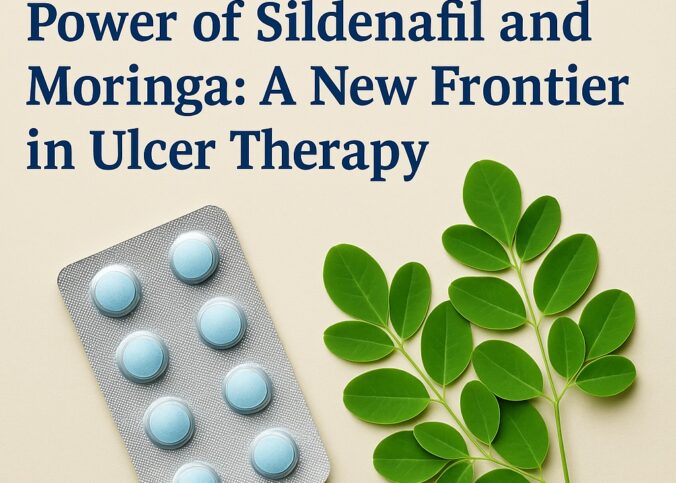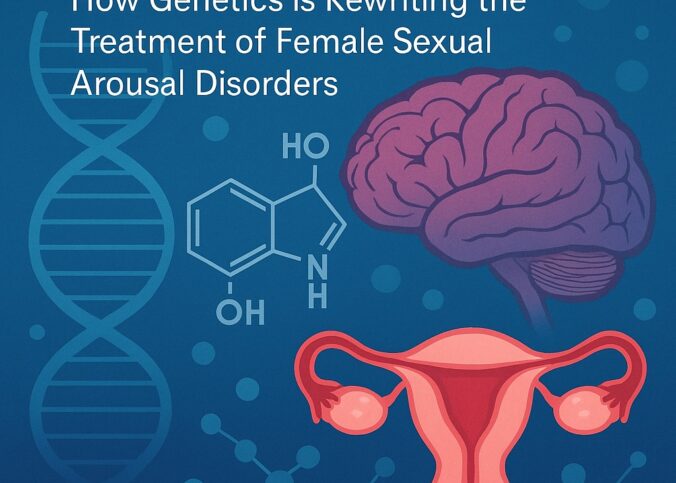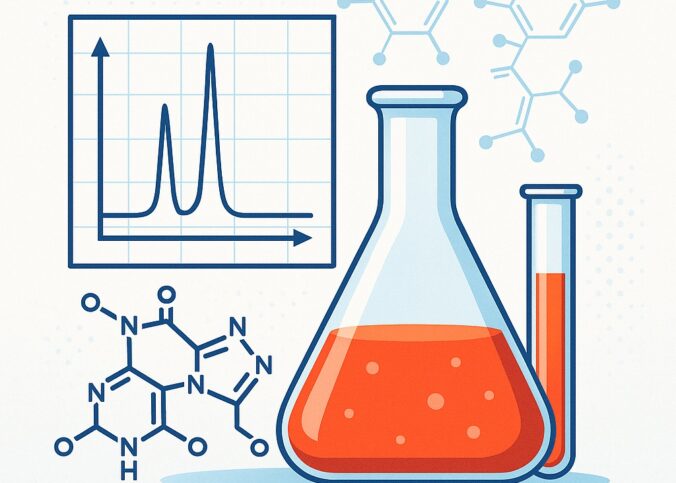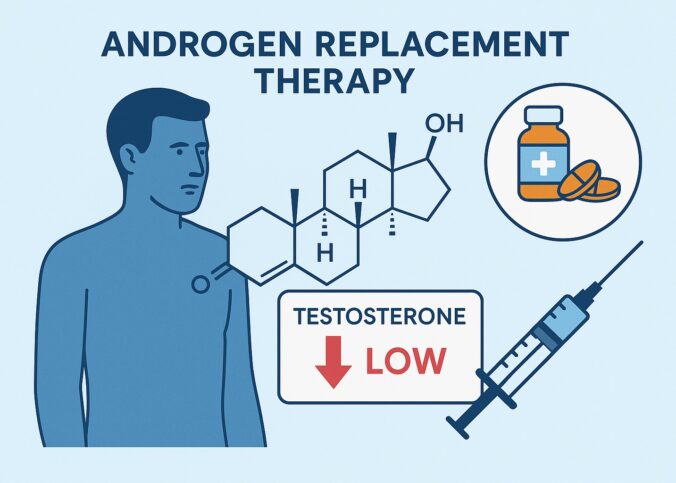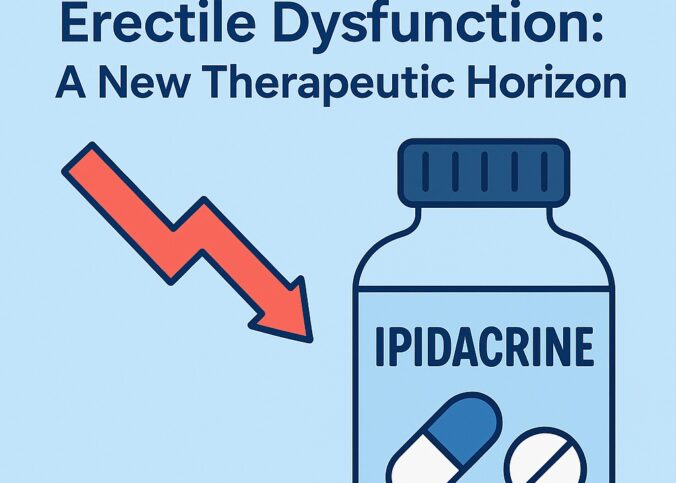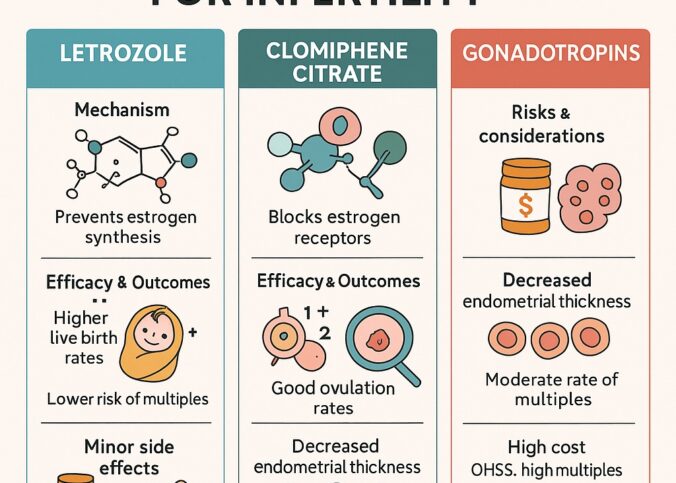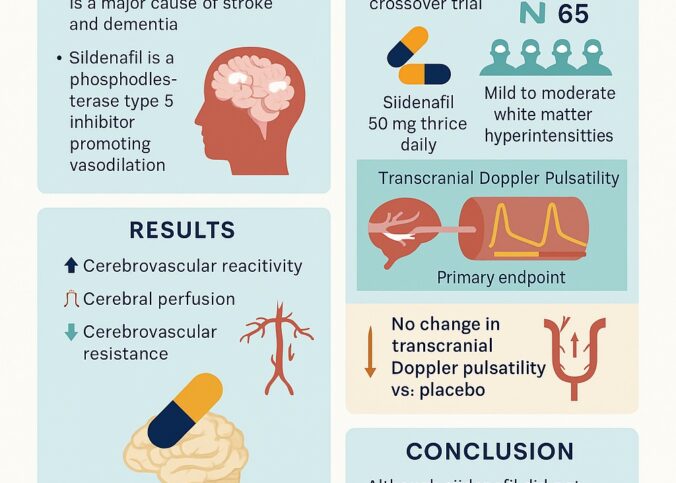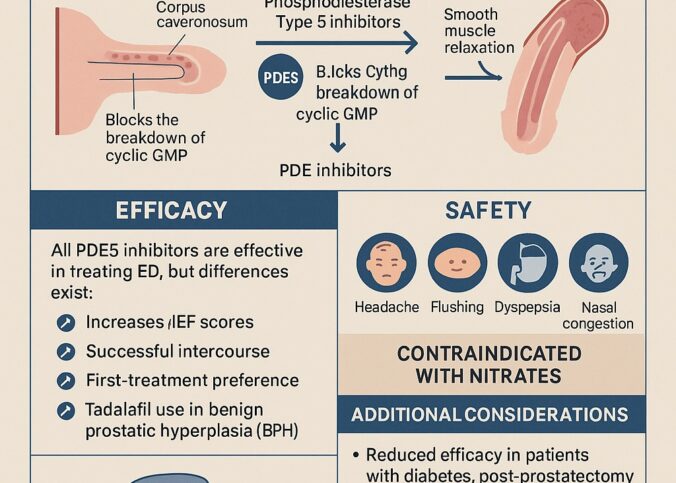Gastric ulcers remain one of the most persistent challenges in modern gastroenterology. Despite decades of research and the availability of proton pump inhibitors (PPIs) and H₂-blockers, the side effects of nonsteroidal anti-inflammatory drugs (NSAIDs) continue to trigger new cases each…
Month: October 2025
Introduction Few areas of medicine are more delicately balanced between biology, psychology, and social expectation than female sexuality. For decades, clinicians treated low sexual desire or arousal problems in women with vague diagnoses, broad psychotherapeutic strategies, and a trial-and-error approach…
Introduction In the intricate dance of pharmacotherapy, precision is everything. The difference between therapeutic success and clinical failure often rests on a few micrograms of a drug molecule circulating in the plasma. Therapeutic Drug Monitoring (TDM), therefore, is not a…
Introduction Androgen deficiency is a clinical reality that every urologist must learn to navigate with caution and precision. It is far from being a one-size-fits-all diagnosis. Instead, it represents a constellation of endocrine, metabolic, and sexual health issues that overlap…
Introduction Erectile dysfunction (ED) remains one of the most common and distressing complications in men with diabetes mellitus. The burden is heavy not only on physical health but also on psychological well-being, self-esteem, and relationships. Epidemiological studies estimate that between…
Introduction Infertility remains one of the most challenging conditions for modern reproductive medicine. Affecting an estimated 10–15% of couples worldwide, it is not merely a medical problem but also an emotional and social one. The cornerstone of treatment for many…
Cerebral small vessel disease (cSVD) is one of the silent culprits of modern neurology. Often invisible until it manifests as stroke, cognitive decline, or dementia, cSVD has proven remarkably resistant to targeted therapies. For decades, clinicians have relied on controlling…
Introduction Erectile dysfunction (ED) is not merely an inconvenience of intimacy; it is a sentinel condition reflecting systemic health. Its prevalence increases with age, yet it is hardly an inevitable consequence of aging. Rather, it serves as a clinical clue…
